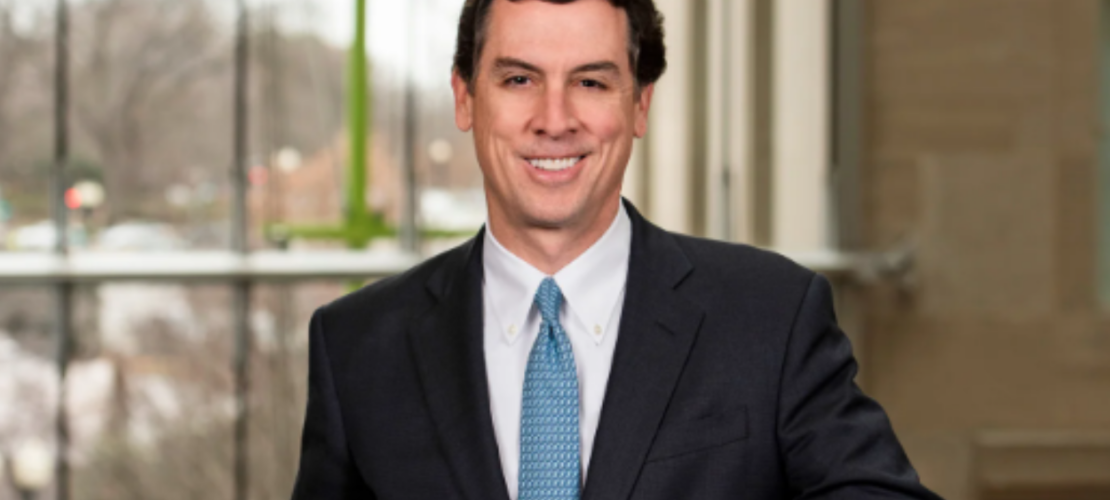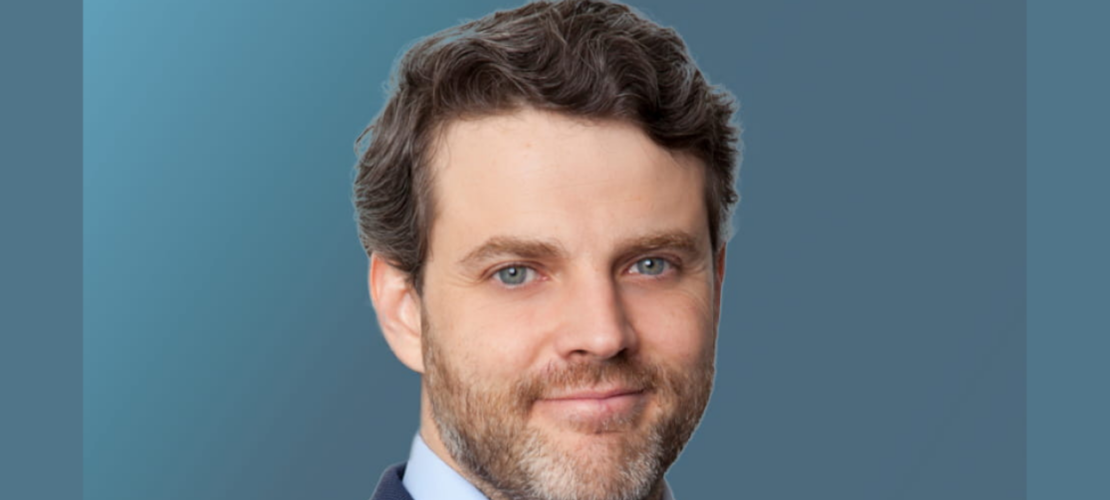Demand for training in new technologies law has increased by 50%
According to data from the School of Legal Practice of the Complutense University of Madrid, the demand for training in the field of new technologies and digital transformation law has grown by 50% in the last year.
These data are reflected in the high demand for enrolment in the new editions of the Master of High Specialisation in New Technologies Law and the Diploma of High Specialisation in Blockchain, which began last october, as well as in the Course of High Specialisation in Legal Tech and Digital Transformation, the Diploma of High Specialisation in Audiovisual Law, the Advanced Course on Taxation of the Digital Economy and the Special Courses on Esports and Metaverse Law, taught at the institution, which will begin in the second semester of the current academic year, starting in 2023.
“Investing in continuous training is key to staying up to date in the profession. In recent years, and even, dare I say months, needs have arisen in different sectors, which the legal profession is called upon to meet, to which the offer of the School of Legal Practice of the Complutense University has provided an immediate response,” says José Manuel Almudí Cid, director of the school of legal practice.
In this context, and in order to respond to the needs of the environment, together with the other previously mentioned courses, the Diploma of High Specialisation in Legal Tech and digital transformation covers the training needs of those professionals who provide their services in both the technological and legal fields, and in general for jurists who need to deepen their knowledge in this area and acquire a greater and more intense specialisation. The course is carried out in collaboration with the spanish Association of Entertainment Law (Denae) and Wolters Kluwer.
With an academic year spread over two semesters starting in october and february, the training offer caters to the new needs that take into account the development of both corporate lawyers and law firm professionals.
Such is the case that the increase in enrolments has also been noted in the “Special Course for In-House Lawyers”, created to cover the training needs of in-house lawyers, which ends its second edition in december.
The course has the collaboration of the Association of Corporate Counsel (ACC), the Madrid Bar Association (ICAM) and the Spanish Association of Business Friends (AEAE).












